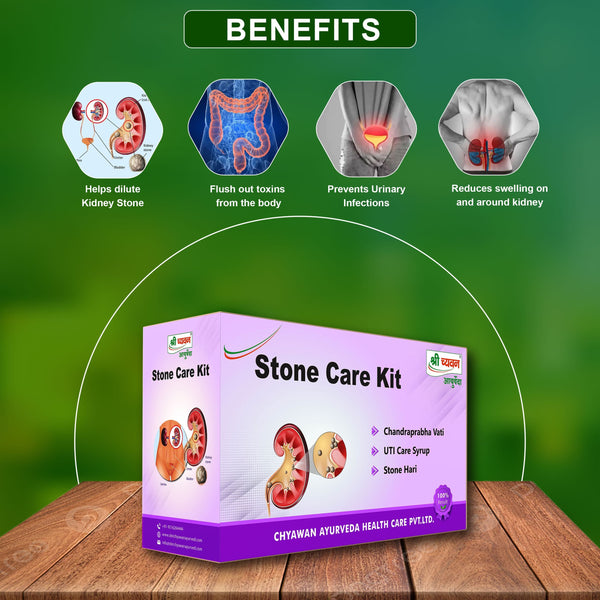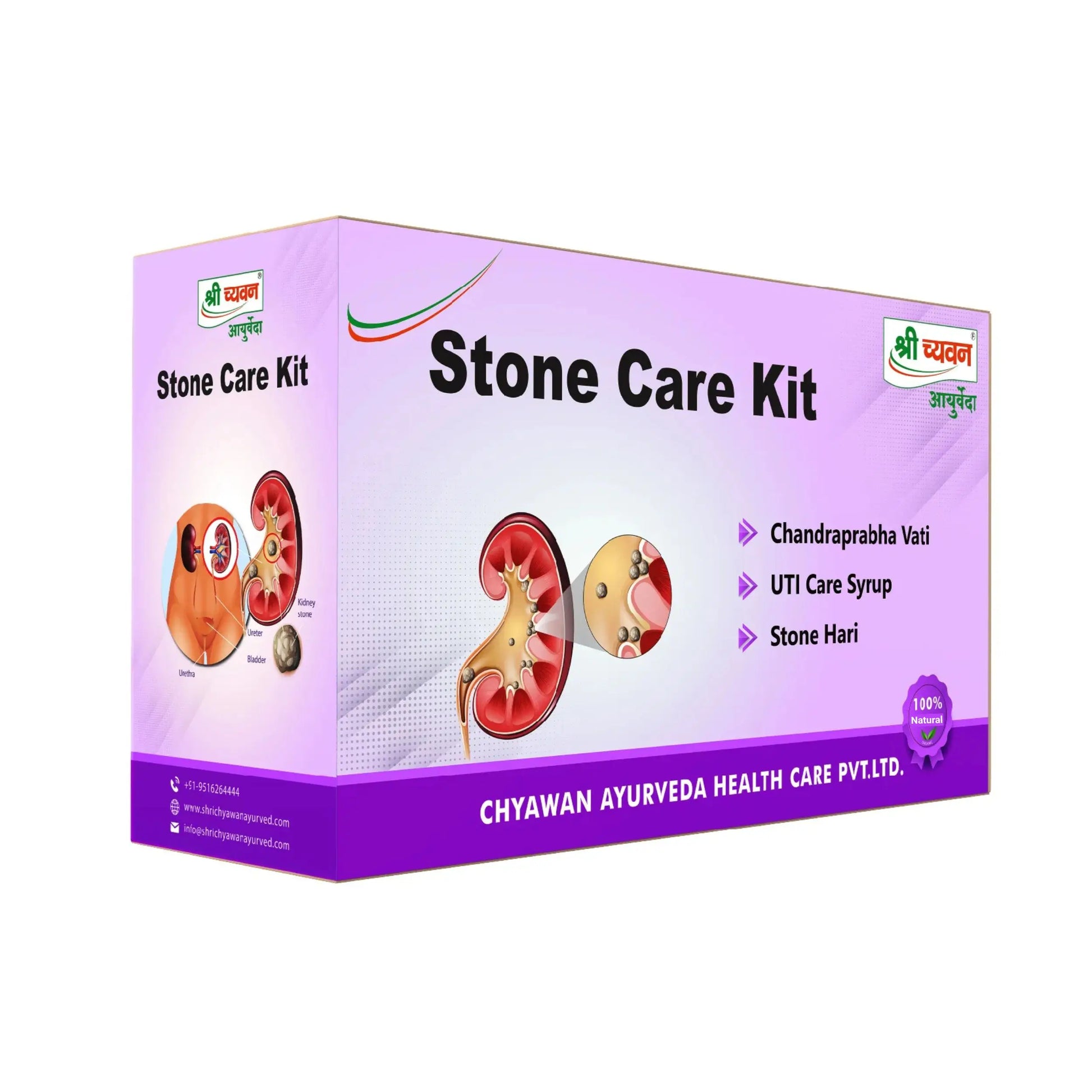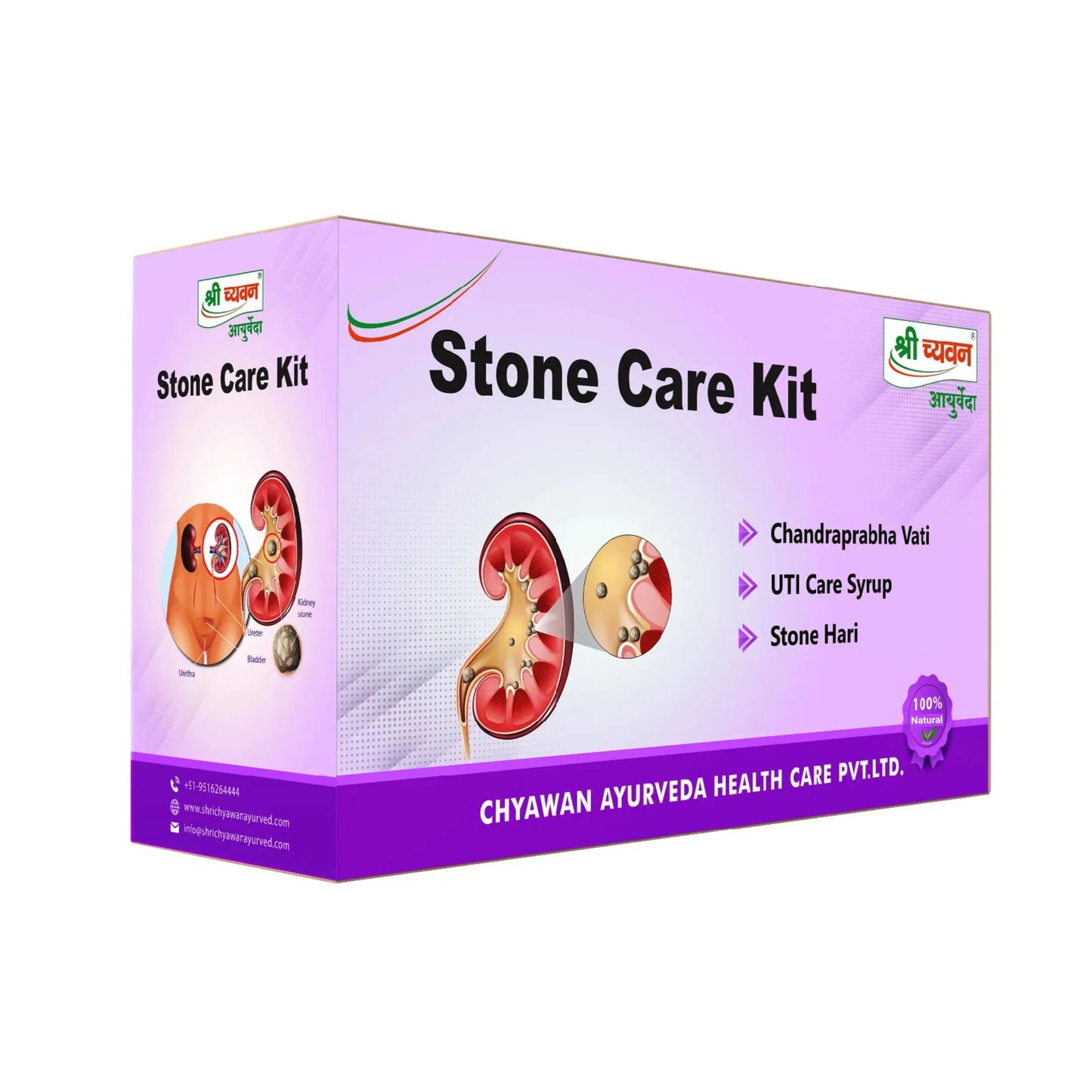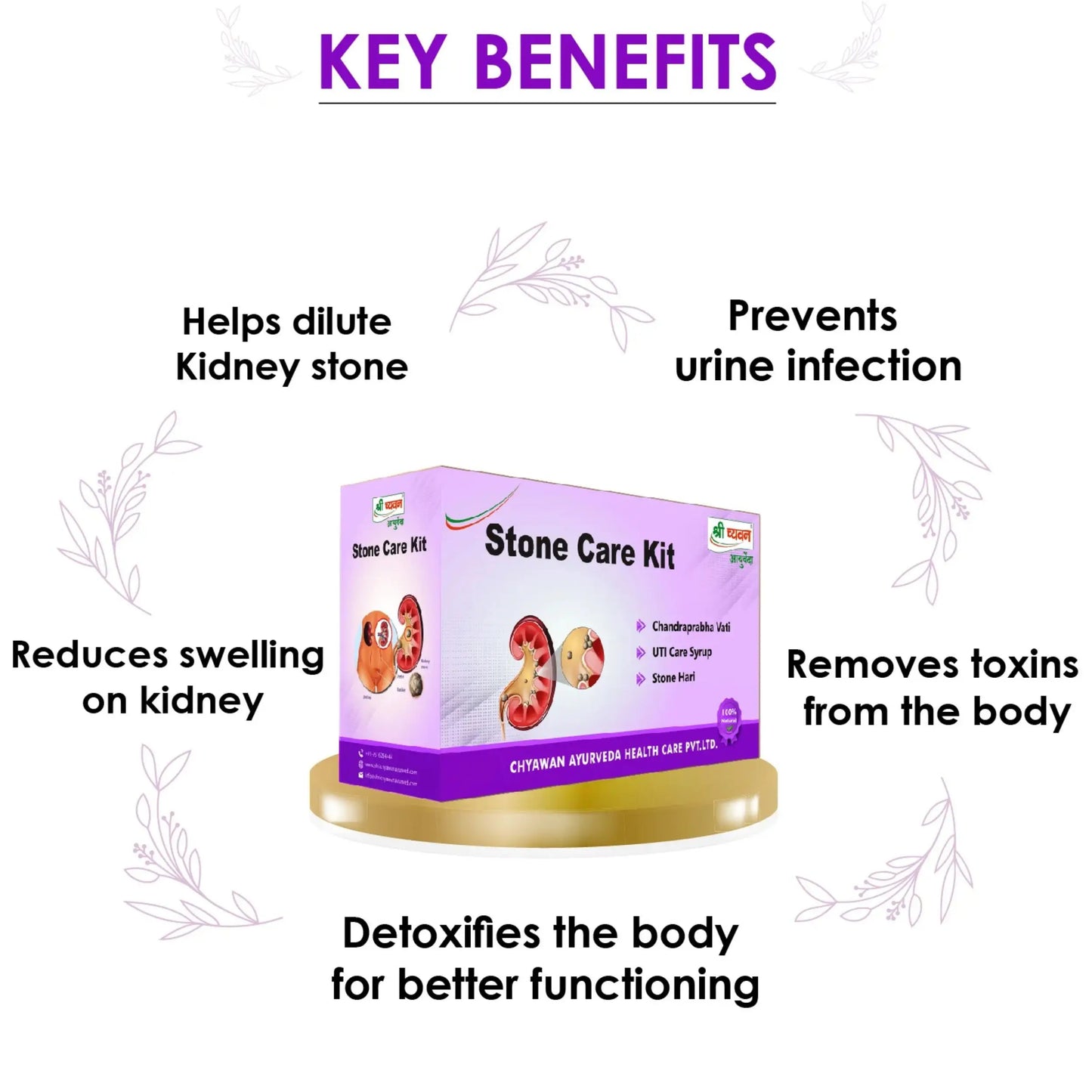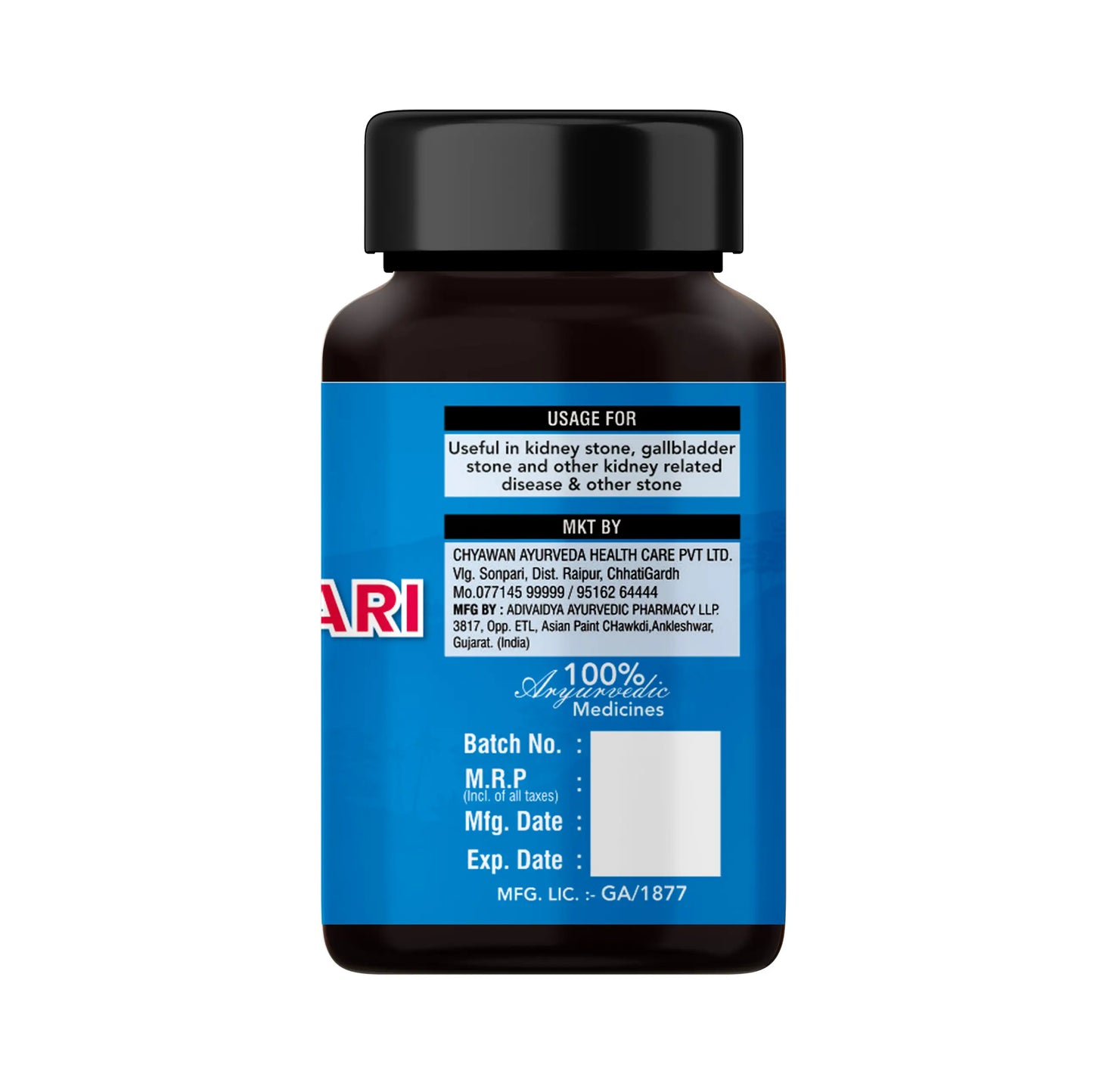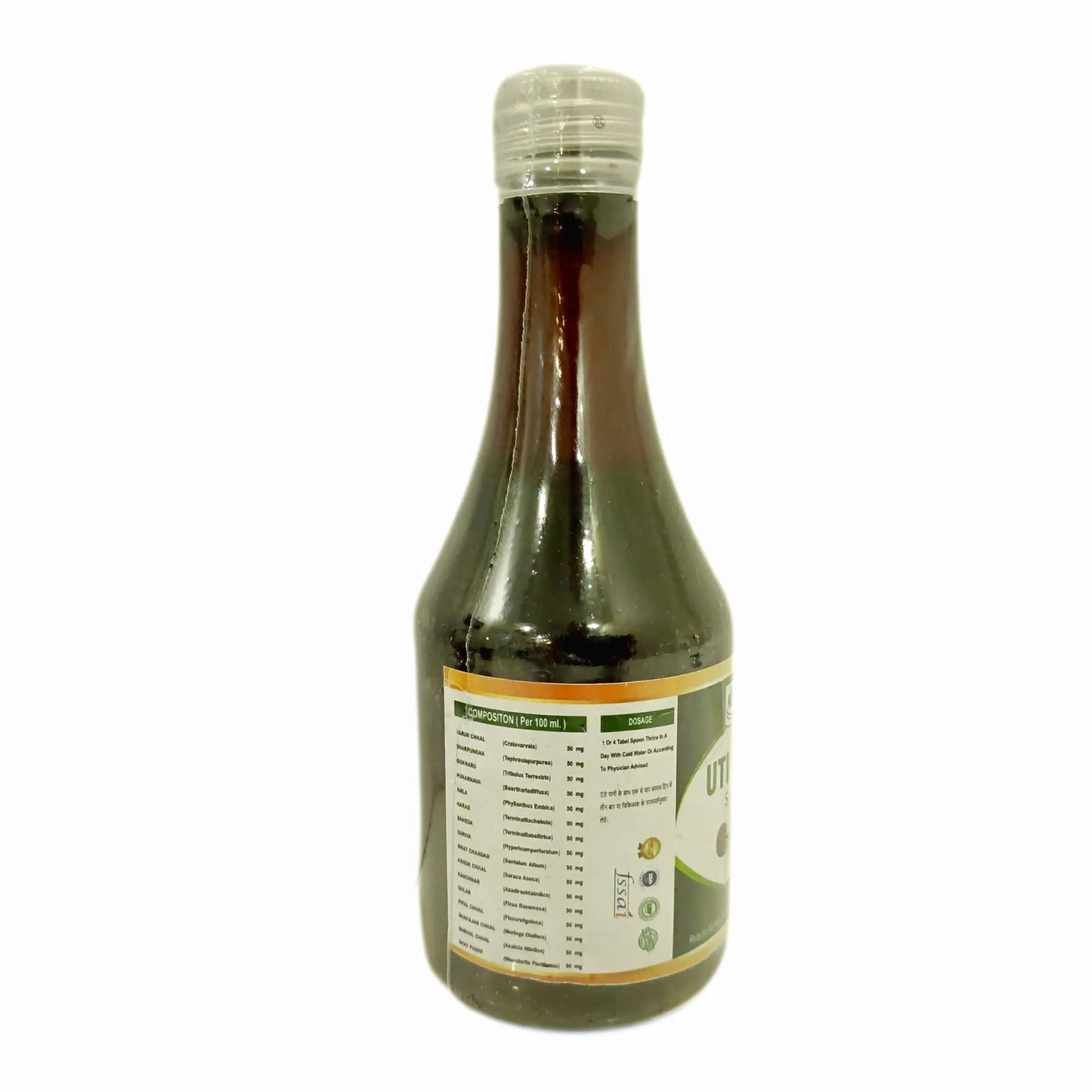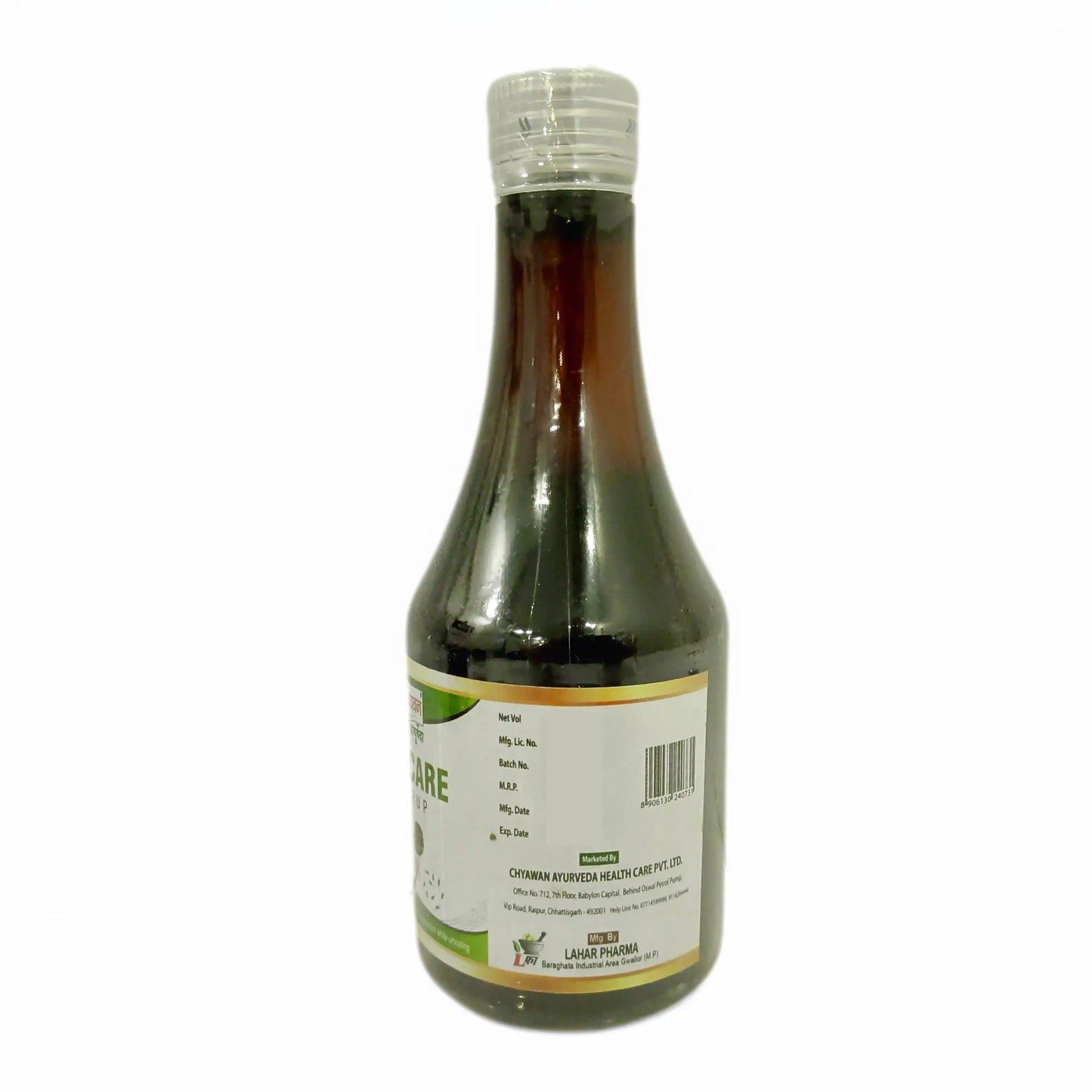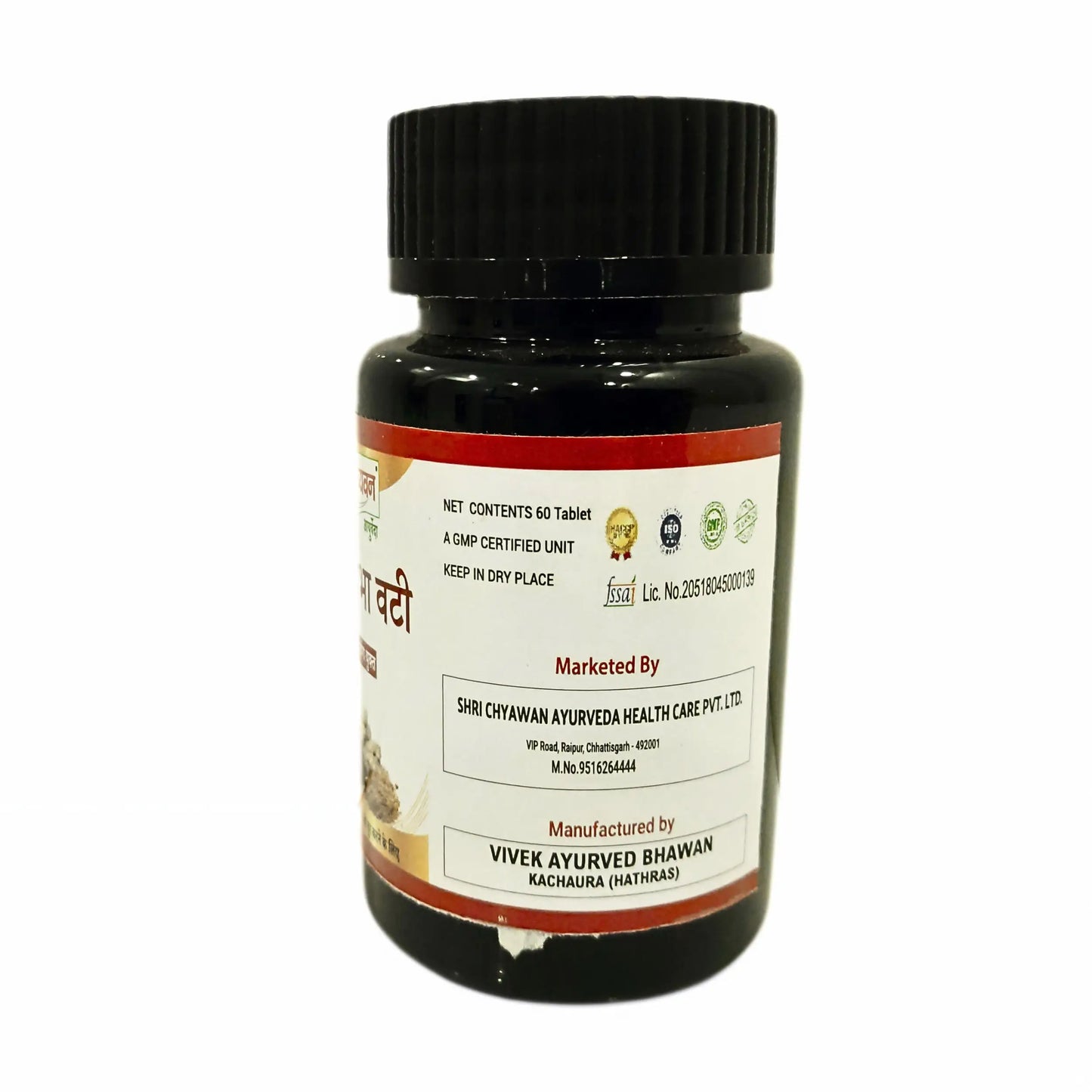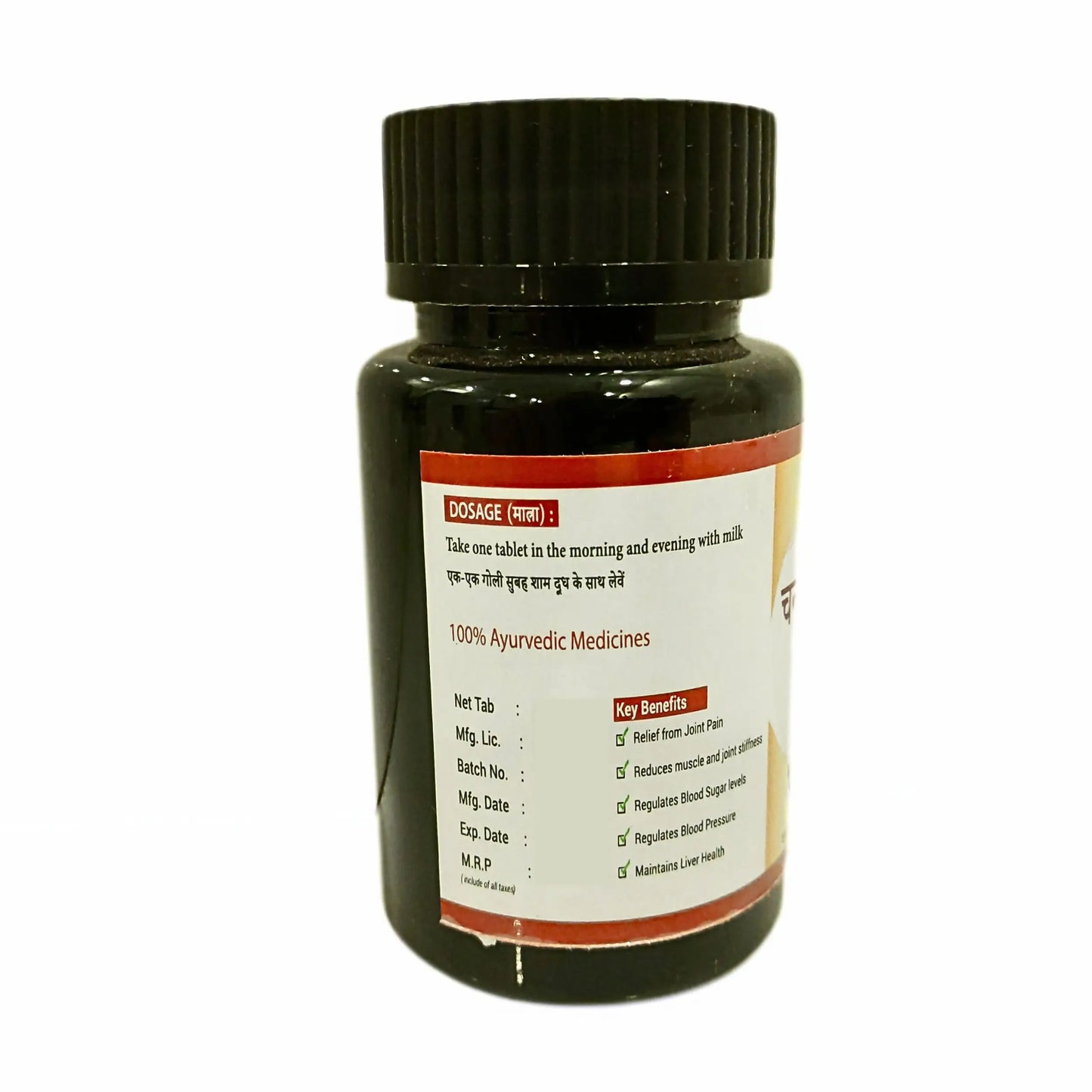Kidney stones, known as "Vrukka Ashmari" in Ayurveda, are hard mineral and salt deposits that form in the kidneys. These stones can vary in size and can cause significant pain and discomfort when they move through the urinary tract. These stones can range in size from tiny grains to golf ball-sized masses and may cause excruciating pain when they obstruct the urinary tract. Ayurveda, the traditional system of medicine in India, has its own perspective on kidney stones.
Causes of Kidney Stones in Ayurveda: Ayurveda attributes the formation of kidney stone to an imbalance of the doshas, primarily the Pitta dosha. According to Ayurveda, certain factors can contribute to the formation of kidney stones:
-
Dietary Factors: Consuming excessive amounts of foods that are high in certain minerals, such as oxalates (found in spinach, beets, and some nuts) and calcium, can increase the risk of kidney stones.
-
Dehydration: Insufficient water intake can lead to concentrated urine, which makes it easier for minerals to crystallize and form stones.
-
Imbalanced Doshas: An excess of Pitta dosha, often due to a diet that is too heating, can increase the likelihood of stone formation.
- Sedentary Lifestyle: Lack of physical activity can lead to the accumulation of toxins in the body, contributing to stone formation.
Symptoms of Kidney Stones: In Ayurveda and conventional medicine, kidney stones can present with similar symptoms, which include:
-
Severe Pain: The most common symptom is intense, cramp-like pain in the lower back or side, which may radiate to the lower abdomen and groin.
-
Frequent Urination: The urge to urinate frequently, often in small amounts, may be present.
-
Hematuria: Blood in the urine, which can be visible to the naked eye or only detectable through a microscope.
-
Nausea and Vomiting: Some individuals may experience nausea and vomiting due to the pain.
- Urinary Tract Infection (UTI): Kidney stones can increase the risk of UTIs, which may cause additional symptoms such as fever and cloudy or foul-smelling urine.
Types of Kidney Stones:
Kidney stones come in various types, and the type of stone a person develops depends on the specific substances that are involved in its formation. Each type of stone has its own characteristics, causes, and treatment considerations. The most common types of kidney stones include:
1. Calcium Stones:
-
Calcium Oxalate Stones: These are the most prevalent type of kidney stones and are formed when calcium combines with oxalate in the urine. High oxalate foods like spinach and beets can contribute, and people with certain medical conditions are more prone to these stones.
- Calcium Phosphate Stones: These stones are primarily composed of calcium phosphate and are associated with metabolic disorders, such as hyperparathyroidism or certain medications.
2. Uric Acid Stones:
- Uric acid stones form when there is an excess of uric acid in the urine, which can be due to a diet high in purines (found in red meat and seafood), dehydration, or certain medical conditions like gout.
3. Struvite Stones:
- Struvite stones are composed of magnesium, ammonium, and phosphate and are often associated with urinary tract infections (UTIs). They can grow quite large and quickly, leading to serious complications.
4. Cystine Stones:
- Cystine stones are rare and form in people with a genetic condition called cystinuria. This condition causes the kidneys to excrete excessive amounts of cystine, an amino acid, into the urine, leading to stone formation.
5. Other Stones:
- Less common types of kidney stones may include xanthine stones and drug-induced stones, which can result from specific medications.
Understanding the type of kidney stone is crucial for determining the most effective treatment and prevention strategies. If a person has a history of kidney stones or is at risk, a healthcare professional can conduct tests to identify the type and provide tailored recommendations to reduce the risk of recurrence.
Ayurvedic Medicine for Kidney Stone:
Our ayurveda experts have effectively formulated ayurvedic medicine for Kidney Stone - Stone Care Kit. Kidney stones are hard deposits of minerals and acid salts that stick together in concentrated urine. They can be painful when passing through the urinary tract, but usually don't cause permanent damage. This is the best product range available for your entire kidney stone ayurvedic treatment.
- Chandraprabha Vati: Shri Chyawan Ayurveda's Chandraprabha vati helps to reduce the level of uric acid, which aids in controlling diabetes.
Ingredients: It consists of Amla, Sandalwood, Daruharidra, Devdaru, Camphor, Cinnamon, and Pipal.
How To Use: Consume 1 tablet at night before going to bed.
- Stonehari Vati: It is a really effective ayurvedic medicine for Kidney Stone, Gallbladder Stone and other kidney related disease. It is the best kidney stone ayurvedic tablet.
Ingredients: This contains ingredients like Mulkshar, Hajratyahudbhasam, Punarnava, Gokhru, Varun Chal, Jamun Chal, Vajra Chal, Vajra parpati, Swet parpati, Pashanabhed.
How to use: One tablet thrice a day or as directed by the physician.
- Uti Care Syrup: It is useful in Urine Infection and Urine blockages. It also acts as a detoxifier for your body and cleanses your system. It is the most recommended kidney stone ayurvedic syrup.
Ingredients: It consists of mainly Varun Chal, Sharpunkha, Gokharu, Punarnava, Amle, Harde, Baheda, Sariva, Swat Chandan, Ashok Bark, Kanchanar, Gullar Fruit, Pipar Bark, Drumstick Bark, Babbol Bark, Dhatkipuspa.
How to use: Consume1 teaspoon thrice a day with cold water or as directed by the physician.
Other Ayurvedic treatment for kidney stone focuses on addressing the root causes and helping the body naturally expel the stones. Treatment may involve the following approaches:
-
Dietary Modifications: Ayurveda emphasizes a balanced diet tailored to the individual's dosha constitution. Specific dietary recommendations may include avoiding foods that contribute to stone formation and consuming hydrating and cooling foods.
-
Hydration: Adequate water intake is crucial to prevent the concentration of urine. Water infused with cooling herbs like coriander or mint may be recommended.
-
Herbal Remedies: Ayurvedic herbs like Shilajit, Gokshura, and Pashanabheda are commonly used to help dissolve and eliminate kidney stones.
-
Lifestyle Changes: Regular exercise, stress management, and proper sleep are encouraged to balance the doshas and improve overall health.
-
Ayurvedic Therapies: Depending on the individual's constitution and the type of kidney stones, certain Ayurvedic therapies such as Panchakarma may be recommended.
- Consultation with an Ayurvedic Practitioner: It is important to consult with a qualified Ayurvedic practitioner who can assess your specific condition and recommend a personalized treatment plan.



